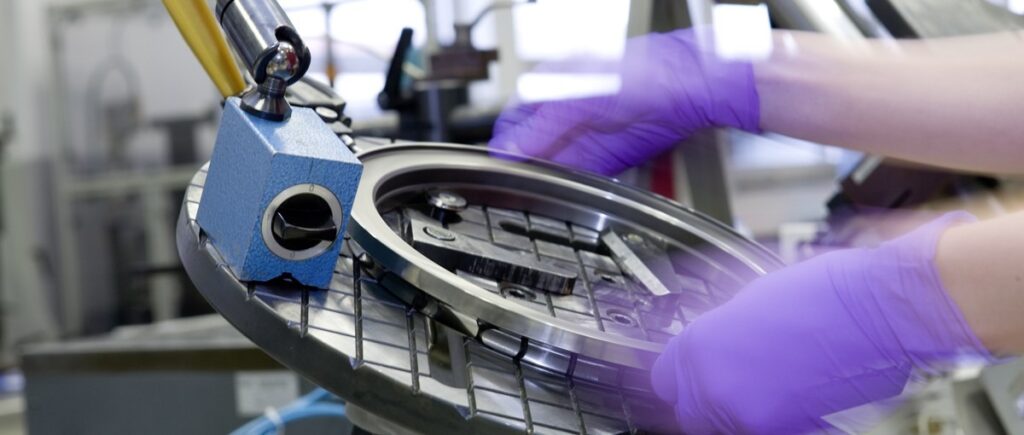The Aeronautical Repair Station Association (ARSA), along with six other aviation trade associations, has submitted a joint appeal to the Federal Aviation Administration (FAA) to withdraw its proposed rulemaking on extending drug and alcohol testing requirements to repair station personnel located outside the United States. The associations argue that the rulemaking is inconsistent with the Administrative Procedure Act's requirement for regulations to have a rational basis.

The groups contend that the proposed rule unfairly targets foreign nationals by imposing regulations not applied to U.S. citizens performing similar work abroad. They also highlight that the rule would require international certificate holders to seek exemptions whenever their country's laws conflict with U.S. requirements, a task for which maintenance professionals are not equipped.
Moreover, the associations believe the rule underestimates the number of affected individuals by failing to account for employees at every tier in the contractor chain. They also point out that the rule unevenly imposes testing requirements on certain repair station personnel while exempting U.S. citizens working abroad for other certificate holders and anyone in Canada due to its reciprocal relationship with the United States.
The joint comments assert that the rulemaking lacks a clear safety concern justification and could potentially interfere with foreign commerce and national sovereignty. The associations urge the FAA to withdraw the rulemaking and instead focus on addressing legitimate threats to aviation safety.
In addition to ARSA, the following organizations joined the comments:
- Aerospace Industries Association
- Air Transport Association of Canada
- Aircraft Electronics Association
- Aviation Suppliers Association
- Modification and Replacement Parts Association
- National Air Transportation Association



































